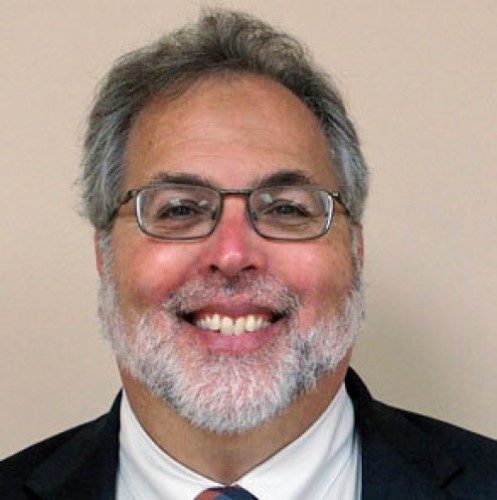Orienting That Newcomer on Your Board
October 01, 2016
Board-Savvy Superintendent
Most board of education members are serving in their first elected office and have little or no prior experience in educational leadership. Even if they are professional educators by day, they often don’t understand the governance role of school boards any more than people in other professions.
This unfamiliarity often leads to conflict — not because the new members have any malicious intent but because they haven’t had the opportunity to learn about the role and how the district functions. A good orientation is a must to ensure the board effectively serves the district by doing work that is helpful to the organization’s mission.
As superintendent, you should encourage the board to think of itself as a learning organization. This includes understanding how things work — both school boards in general and how things get done in your district. Some superintendents automatically schedule an orientation soon after the new board takes office. You may need to encourage the board chair to schedule a meeting to give the board a chance to mature as an effective team. Whether you call it a board retreat, a roles and responsibilities workshop or an orientation, holding a meeting to discuss the district’s operations and how the board should work to support it is important.
External Facilitation
Some superintendents lead the orientation themselves, but you should consider asking your state school boards association for help. There is something to be said for having an outside “expert” lead the discussion of roles and responsibilities. Getting a global perspective on the work of school boards and how they fit into a much larger picture can be beneficial down the road. Outside facilitation lets you be part of a discussion as an equal part of the team.
Sometimes the inclination is to provide training for new board members only. I would encourage you to try and get the whole board to attend and to include information that seasoned board members will appreciate, as well. Include them in the conversation. Having them teach their peers can be very helpful.
Another goal of an orientation is to start developing a relationship between you as superintendent and your board members. Talk about your goals and how you approach your work. Put a face behind the name. You are serving as their CEO, but most really don’t know much about you except what they might hear secondhand or what they read and hear in the press or social media. You want them comfortable asking questions of you and having confidence in your answers, so this can be a good opportunity to start a trusting relationship.
Future Questions
Finally, think about how you can use this time to help board members understand the chain of command within the district and what the expectations are for those board members communicating with staff. Many superintendents will have a state-of-the-district presentation, where each member of the administrative team presents a brief overview of his or her role with handouts of appropriate materials.
Part of that discussion would be your expectation of how you want board members to approach questions of staff. Most superintendents want all questions to go through them, a concept that needs to be reinforced. Part of this portion of the orientation should be a rough overview of the district strategic plan, mission, goals and other district improvement plans. Give them an overview of the budget, student achievement data (at the 10,000-foot level) and, of course, a copy of the policy manual and guidance on how to reference it.
I’ve seen some superintendents do a masterful job of orchestrating this session so that the board members receive a lot of valuable information in a relatively short period of time.
Too many issues between boards and superintendents are caused by a lack of understanding. There is no better way to start off on the right foot than by having an effective board orientation whenever new board members join the team.
Finally, suggest the policy manual include something about board professional development, particularly that an orientation be held every time a member joins.
Nick Caruso is senior staff associate for field service and coordinator of technology with the Connecticut Association of Boards of Education in Wethersfield, Conn.
@gibsonjunkie
Author
Advertisement
Advertisement
Advertisement
Advertisement




